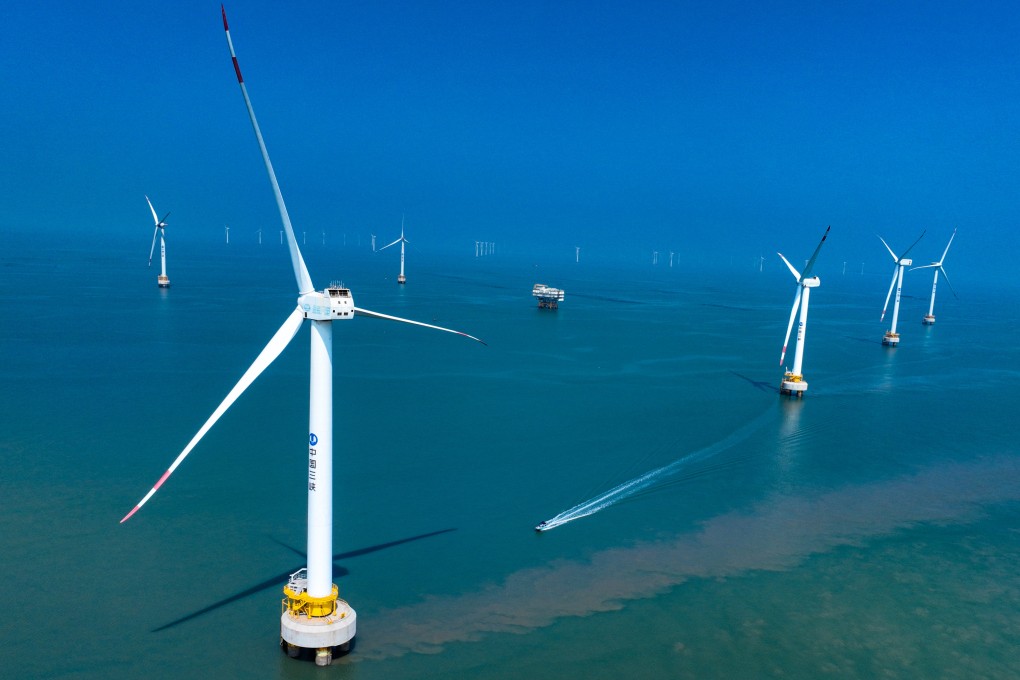China’s central bank to extend lending support for decarbonisation projects until 2027
- Extension comes as part of State Council guidelines to accelerate the low-carbon transition in the world’s second-largest economy

The People’s Bank of China (PBOC) will extend the policy until the end of 2027, China’s cabinet, the State Council, announced in a new national-level guideline aimed at accelerating the country’s green and low‑carbon transition.
Under the programme, launched in 2021, financial institutions provide loans at interest rates close to the country’s benchmark lending rate to companies and projects in clean energy, energy savings and environmental protection. The PBOC then provides 60 per cent of the loans to these commercial lenders for one year at an interest rate of 1.75 per cent.
The extension was part of a State Council announcement of green-transition guidelines on Sunday, which covered key sectors like agriculture, transport and energy. The guidelines also outline development of other financial instruments to support the carbon transition of the world’s second-largest economy, such as green insurance, green equity and green trusts. The council also set an ambitious target of cultivating a 15 trillion yuan energy-saving and environmental protection industry by 2030.
The lending programme had supported financial institutions in issuing more than 1.1 trillion yuan (US$153 billion) in loans as of the end of June, according to the latest data from PBOC. In 2023, the PBOC extended the scheme to the end of 2024 and said it would include more foreign banks and local corporate banks.
The government also plans to promote the green transition from the consumption side of the equation by encouraging a more sustainable lifestyle among the public, developing low-carbon products and encouraging energy and water conversation.